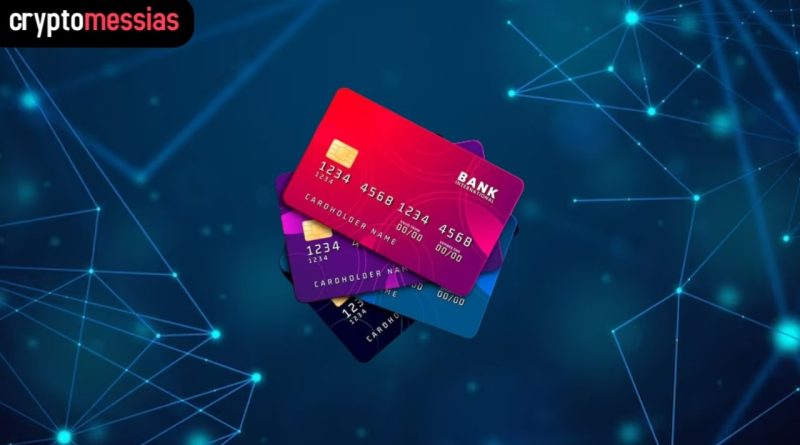MasterCard Introduces Crypto Credentials to Enhance Web3 User Verification
Mastercard, the global financial services behemoth, recently introduced the “Mastercard Crypto Credential” to improve user verification standards and limit the chance of rogue actors entering the digital asset field. Through the exchange of essential metadata, the solution supports compliance and reduces the risk of funds being lost to bad actors.
By providing secure transactions between users verified according to Mastercard standards, the Mastercard Crypto Credential aims to build trust in the blockchain ecosystem.
Mastercard Crypto Credential User-Specific Identifier
As part of the solution, consumers will be given a “Mastercard crypto credential unique identifier,” which will allow them to instantaneously verify that an address to which they want to send payments has been vetted by Mastercard and has been functioning in accordance with the company’s standards. The solution is also intended to help with compliance by exchanging crucial metadata required by regulations. If they are proven to have engaged in illegal behavior, Mastercard can rapidly remove their verification.
Mastercard’s unique identification is a key step toward improving user verification standards in the digital asset industry. Mastercard hopes to provide a secure and reliable solution for users to verify the legitimacy of the address to which they want to send funds by issuing a unique identification. This is especially critical in the blockchain world, where transactions are irreversible and the danger of fraud and theft is great.
The exchange of critical metadata required for compliance is also critical for assuring compliance and lowering the danger of rogue actors. Mastercard’s capacity to rapidly revoke verification sends a strong statement to users that it is dedicated to maintaining the safety and security of the blockchain ecosystem.
Collaborations with Wallet Service Providers and Public Blockchain Network Organizations
The solution is supported by a large number of collaborators, including Mastercard. Bit2Me, Lirium, Mercado Bitcoin, and Uphold are among the cryptocurrency wallet companies that have worked with Mastercard. The company has blockchain collaborations with Aptos, Avalanche, Polygon, and Solana. CipherTrace’s portfolio of services is being used by Mastercard to assist with address verification and Travel Rule compliance for cross-border transactions. The strategy tries to decrease negative actors’ possibilities and the risk of funds being lost for good.
Mastercard has grown its exposure to the cryptocurrency business in recent years. The latest announcement came just a few weeks after it collaborated with Polygon to develop a non-fungible token (NFT) gated musician accelerator program. Holders of Mastercard’s Music Pass NFT can have free access to materials, unique artificial intelligence (AI) tools, and other experiences through the program.
Visa, a competitor to Mastercard, recently made a crypto move as well, with Cuy Sheffield, the firm’s head of crypto, taking to Twitter to launch a new stablecoin payments-focused project. The company is developing the next generation of products to enable commerce in everyone’s digital and mobile life, and it is looking for someone with extensive experience in Web3 and blockchain technology.
Conclusion
The Mastercard Crypto Credential solution intends to build confidence in the blockchain ecosystem by enabling secure transactions between users that are verified according to Mastercard standards. It reduces the opportunity for bad actors as well as the possibility of funds being lost for good. Mastercard’s collaboration with crypto wallet providers and public blockchain network organizations aims to improve user verification standards and limit opportunities for unscrupulous actors in the digital asset industry.
Visit Bitdenex Exchange to Buy and Sell crypto in minutes with low trading fees.

